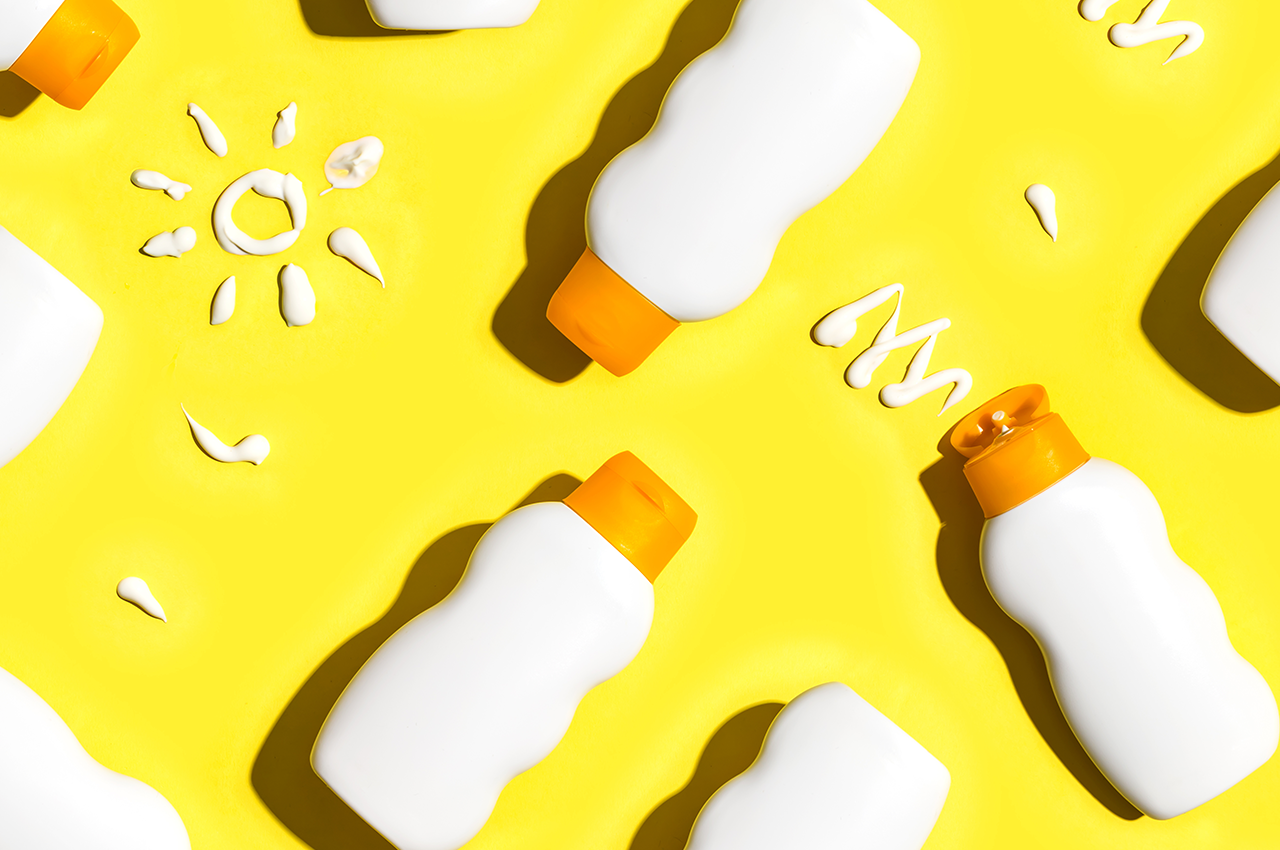From DIY facemasks to beauty products, there’s a homemade swap for most things these days; including sunscreen. The DIY version of sunscreen certainly seems simple.
The main ingredients include essential oils and shea butter topped off with the mineral-based sun shield, zinc oxide. Blend them all together and you’re good to go!
As simple as this sounds, using DIY sunscreen could backfire, and instead of protecting your skin, it could cause skin damage instead. Sunscreen serves as a barrier that protects your skin from absorbing ultraviolet (UV and UVB) rays. UV rays ages skin while UVB rays can cause sunburn. Both can lead to harmful skin conditions like skin cancer and severe burns.
Here are a few reasons why you should ditch your DIY sunscreen.
You can’t judge its effectiveness
An effective sunscreen offers protection from both UV and UVB rays. The only way to test whether a sunscreen can do this is under controlled conditions in a laboratory. Guessing the effectiveness of your homemade sunscreen by looking at your skin is not a reliable nor accurate method.
You can’t determine the time of exposure
If you spend too much time in the sun without any sunscreen, your skin will start to burn. This is known as erythema or sunburn. The SPF of your sunscreen is an indicator of how long you can safely stay in the sun before your skin starts to burn. For example, SPF 30 protects you 30 times more than if you go without sunscreen. In other words, it delays the burning process.
Without proper lab tests, there’s no way for you to know the SPF measurement of your sunscreen and how long you can safely stay in the sun. Since sunburn can only start to appear anywhere from six to 24 hours after exposure to the sun, you can’t determine how long you can safely be exposed to the sun simply by looking at the colour of your skin..
You can’t judge if it’s going to stay stable
When it comes to sun exposure, making sure that a sunscreen formula is effective and stable is important. When cosmetic products are made, they go through different processes to ensure that reactive ingredients like zinc oxide will stay stable over time. If the ingredients used in homemade sunscreen aren’t stable, it could affect how well it works when exposed to the sun. It not only needs to stay stable while it’s in the sun but also while on your skin. Only professionals working in a lab can test if ingredients will interact to each other.

